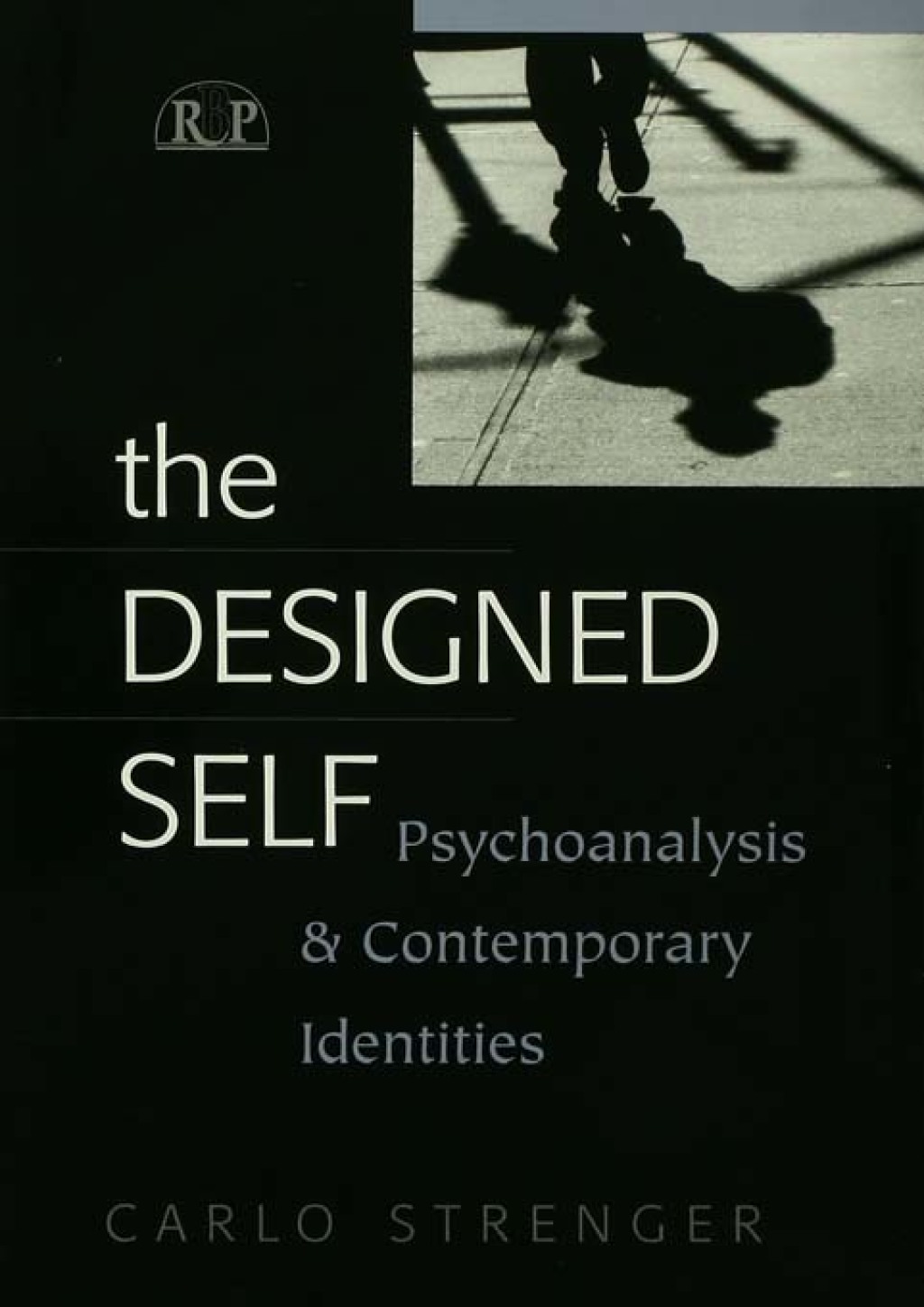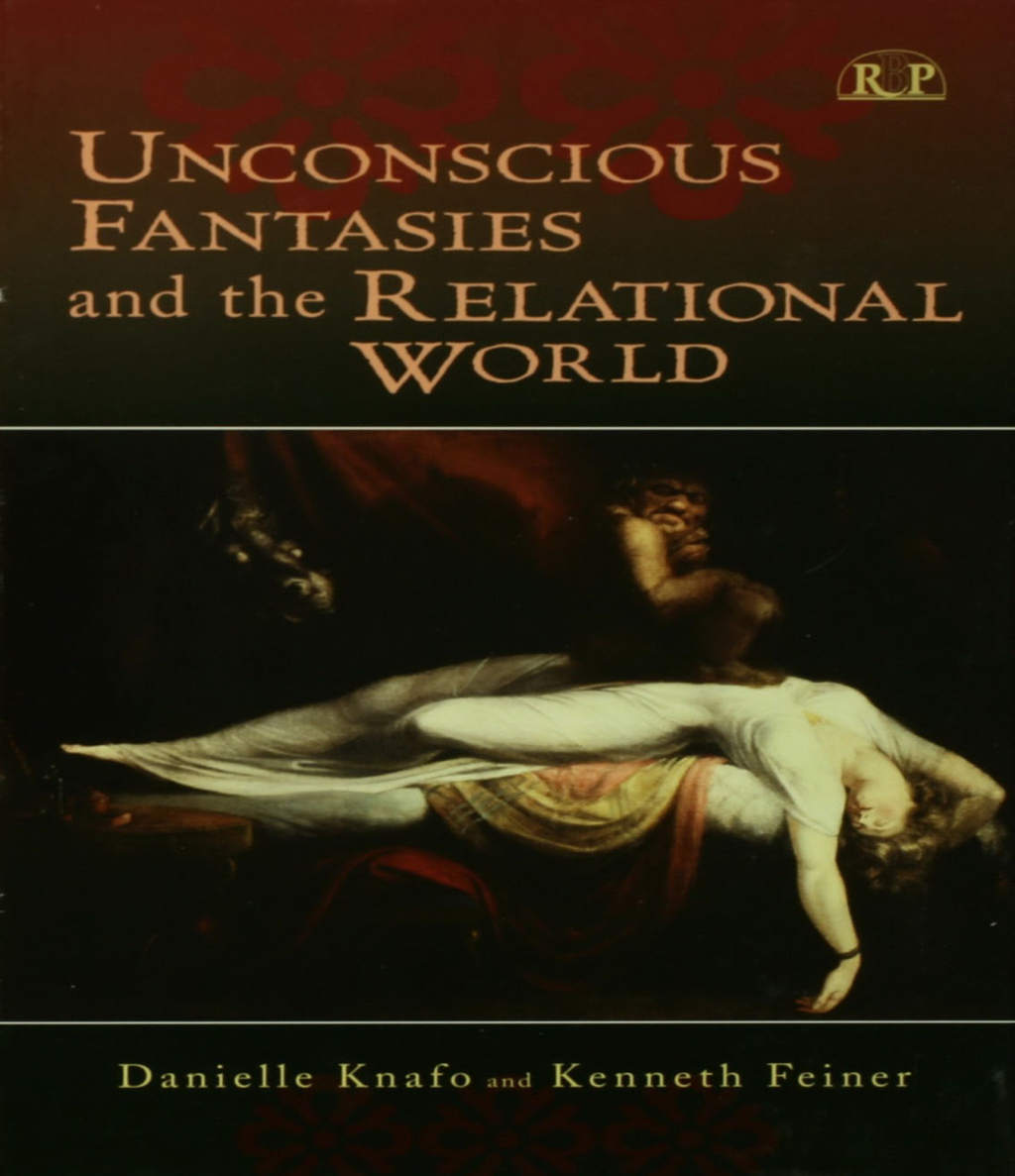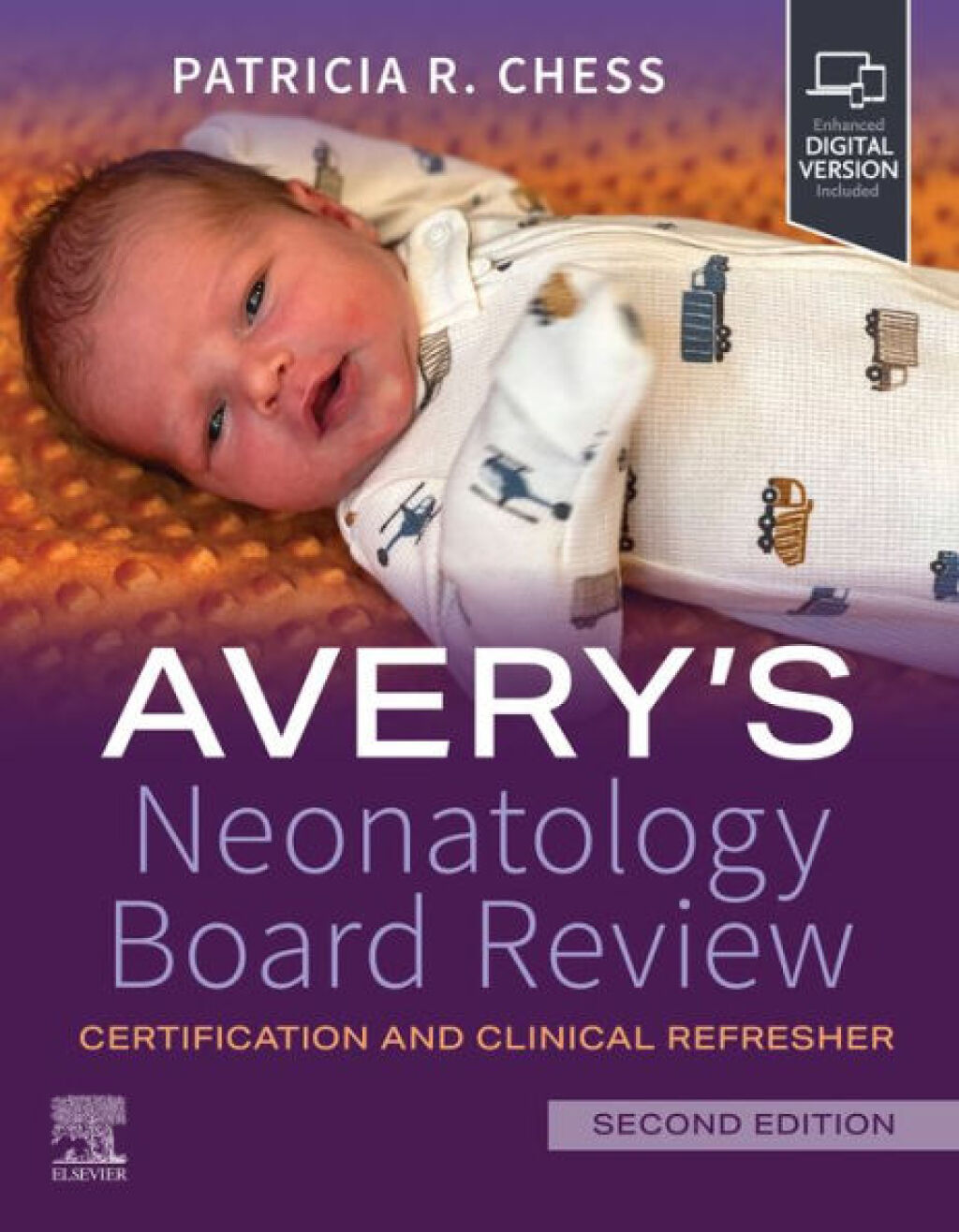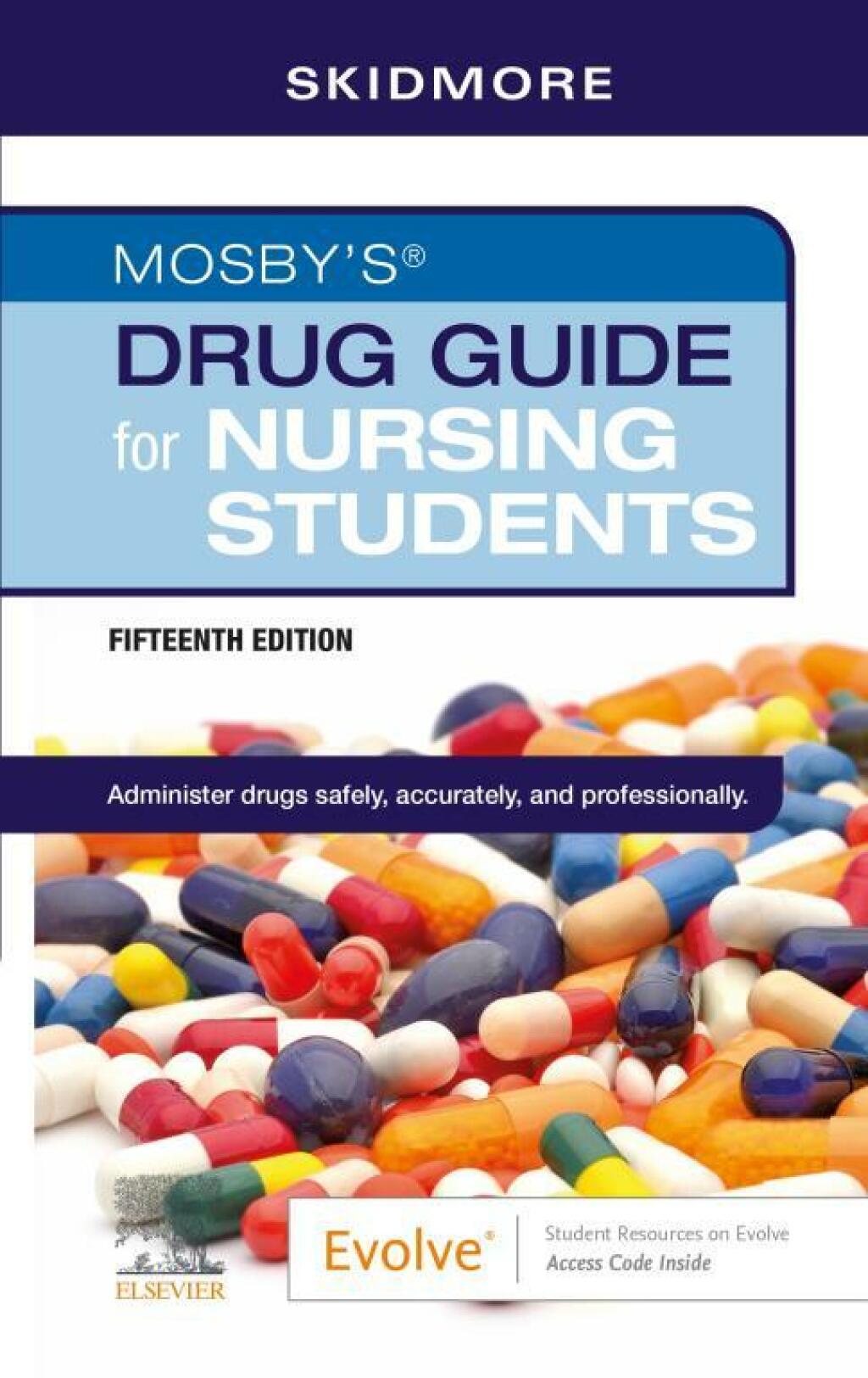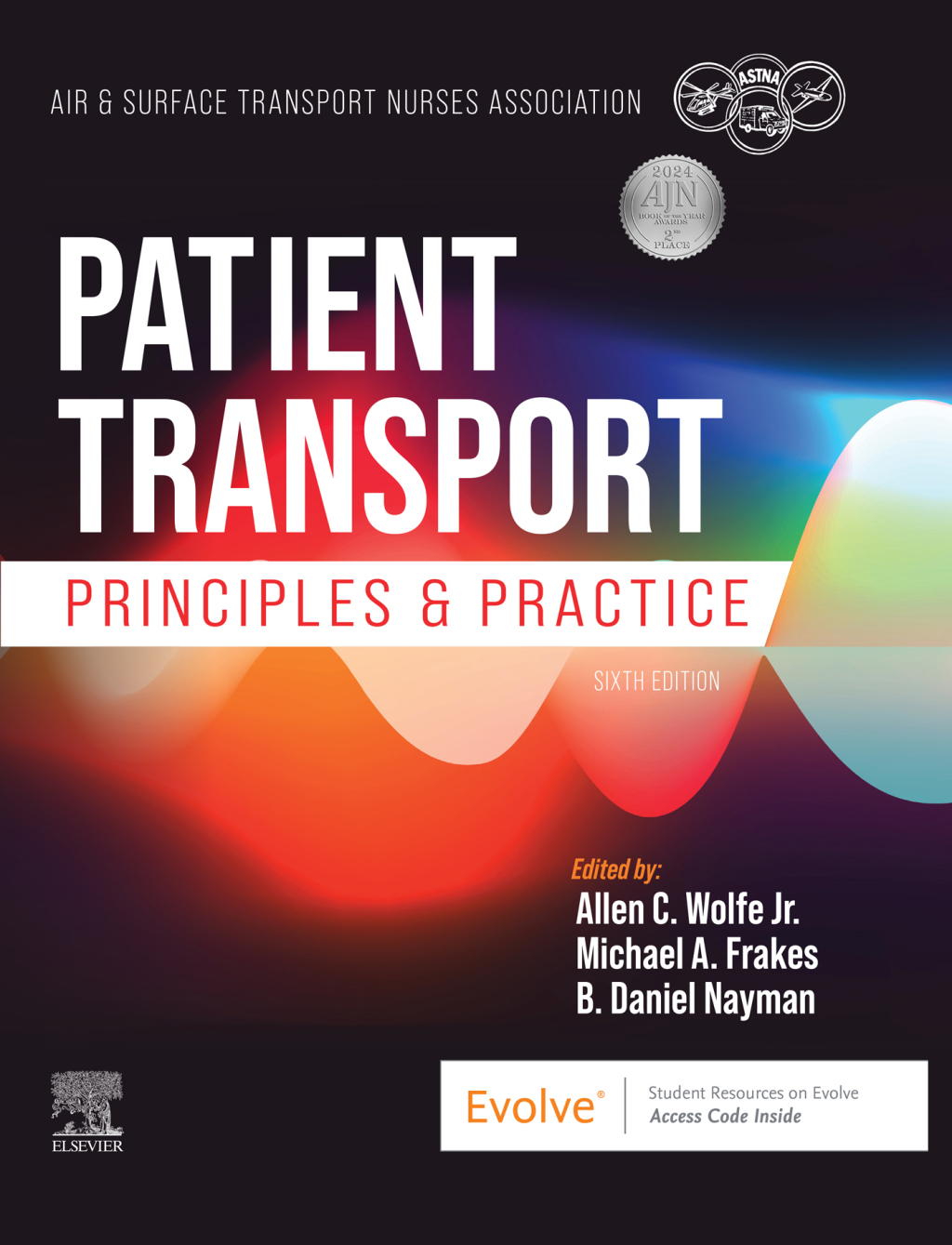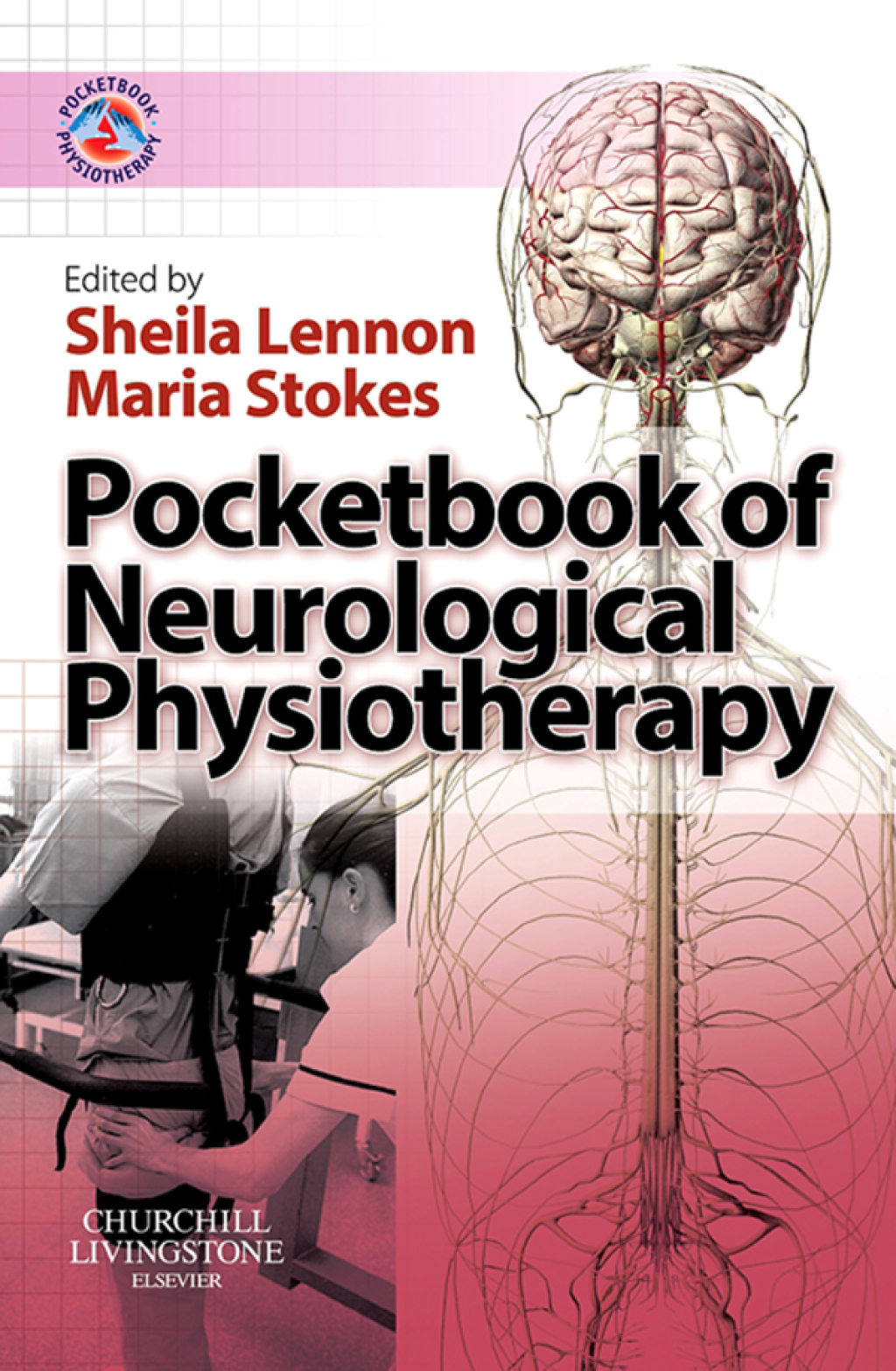What is the role of unconscious fantasies in psychological development, in psychopathology, and in the arts? In Unconscious Fantasies and the Relational World, Danielle Knafo and Kenneth Feiner return to these interlinked questions with a specific goal in mind: a contemporary appreciation of fantasy in its multiform relational contexts. To this end, they provide detailed examinations of primal scene, family romance, and castration fantasies, respectively. Each category of fantasy is pushed beyond its “classical” psychoanalytic meaning by attending to the child’s ubiquitous concerns about sexual difference and feelings of incompleteness; her perception of the parental relationship; and the multiple, shifting identifications that grow out of this relationship. Evocative clinical examples illuminate the manner in which patients and analysts play out these three core fantasies. They are balanced by chapters that explore the generative side of these same fantasies in the arts. David Lynch’s film Blue Velvet provides an artistic rendering of the primal scene; Jerzy Kosinki’s life and work illustrates the family romance; and French multimedia artist Orlan’s “carnal art” recreates the trauma of castration. Unconscious Fantasies and the Relational World is a tightly woven study of broad and basic questions. It is in equal measure a contemporary re-visioning of the grounds of fantasy formation, a relationally informed guide to clinical techniques for dealing with unconscious fantasy, and an examination of the generative potential of unconscious fantasy in the arts. Out of the authors’ broadening and broad-minded sensibility emerges an illuminating study of the manifold ways in which unconscious fantasies shape lives and enrich clinical work.
Unconscious Fantasies and the Relational World 1st Edition
Author(s): Danielle Knafo; Kenneth Feiner
Publisher: Routledge
ISBN: 9781138005815
Edition: 1st Edition
$39,99
Delivery: This can be downloaded Immediately after purchasing.
Version: Only PDF Version.
Compatible Devices: Can be read on any device (Kindle, NOOK, Android/IOS devices, Windows, MAC)
Quality: High Quality. No missing contents. Printable
Recommended Software: Check here

